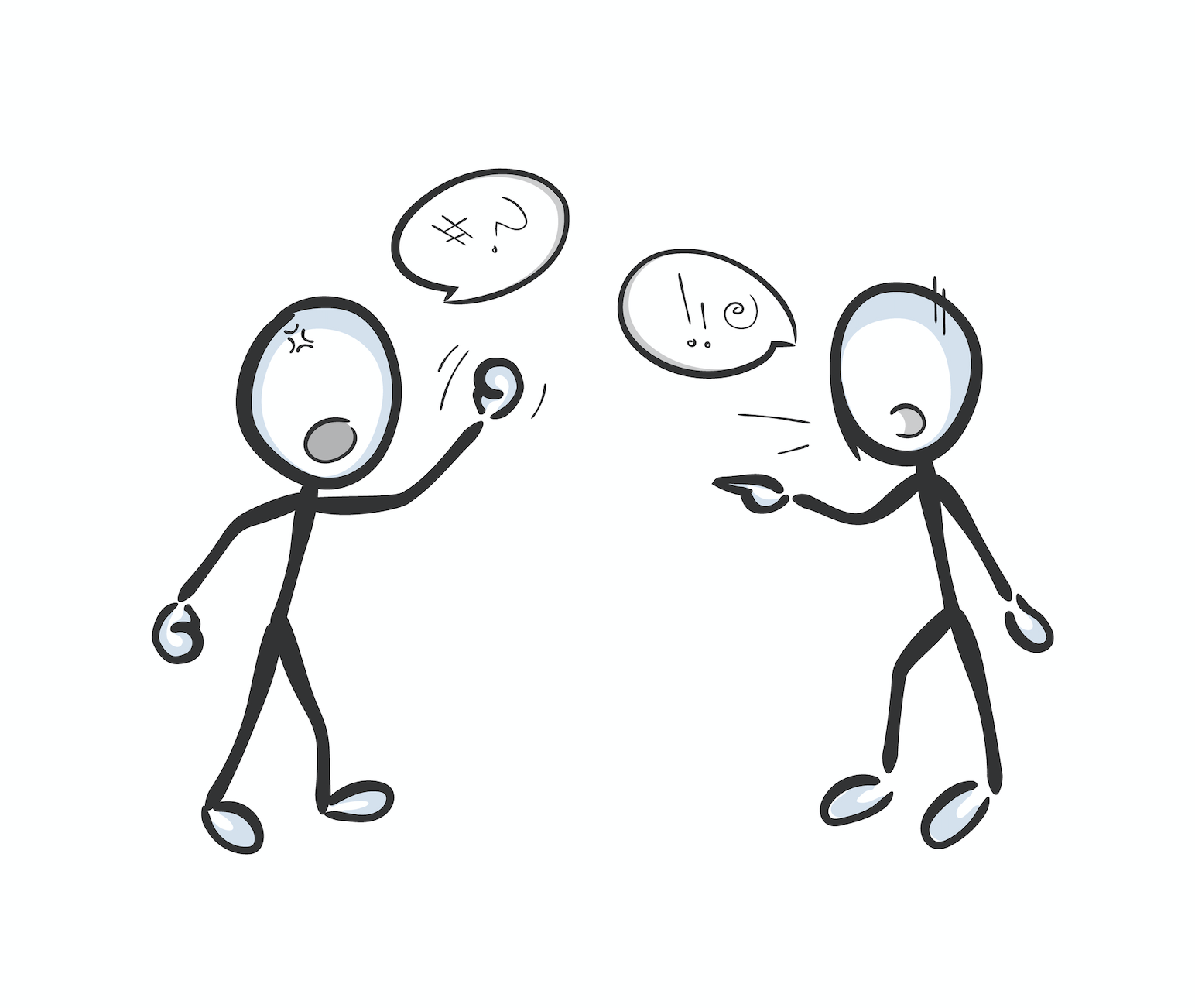“We had a big blow up,” my coaching client revealed at the start of our session. They detailed a significant disagreement with a colleague—a trusted partner they had worked with for many years. The day of the meeting, stress levels were high, and both parties were quick to react. My client admitted, “I told her she is too controlling.”
Unsurprisingly, the situation deteriorated quickly from there.
The language we choose plays a crucial role in shaping the tone and outcome of our interactions. Words have the tremendous ability to either escalate or de-escalate tensions. Recognizing the impact of our language can profoundly alter how we handle sensitive situations. Describing someone as “too controlling” can come across as judgmental and likely worsen the conflict. Instead, focusing on specific behaviors and their impacts can help the other person understand the concern without feeling personally attacked, leading to a more productive dialogue.
Accusing someone of being too controlling essentially attacks their personality, who they are, rather than what they do. This approach can deepen misunderstandings and foster resentment. It’s far more effective to concentrate on observable actions and their direct effects.
We’ve all been guilty at some point of choosing the wrong words, making broad generalizations, and escalating conflicts, especially when we’re upset.
What helps in these moments?
Taking a deep breath, pausing to reflect, and choosing to respond thoughtfully rather than react impulsively. Consider whether your words will aid or obstruct the resolution of the situation. Is there a more suitable way, time, or place to express your thoughts?
Do you recall a time when a calm response made all the difference? Or perhaps when words spoken in haste made a situation worse?
Next time you find yourself in a heated moment, try using the “STOP” technique:
- Stop what you’re doing and take a step back.
- Take a few deep breaths to center yourself.
- Observe what is actually happening without judgment.
- Proceed with a mindful response that aims for resolution.
Each conversation offers a chance to enhance our understanding and deepen connections with those around us. As you engage in dialogue, pause to consider: Are the words you choose improving or detracting from your relationships? Make it a habit to reflect on your words, turning everyday interactions into opportunities for meaningful connections and personal growth.
